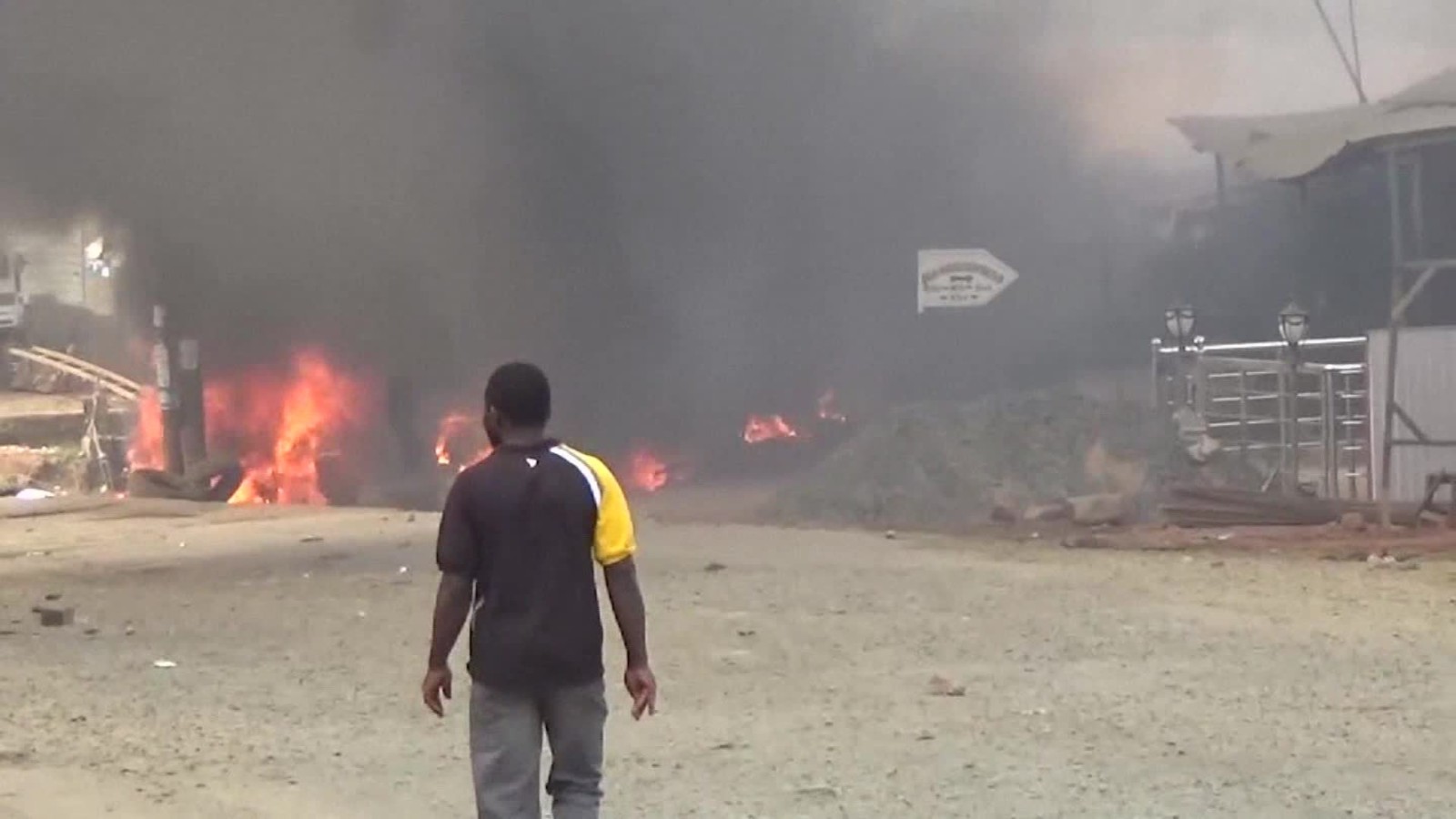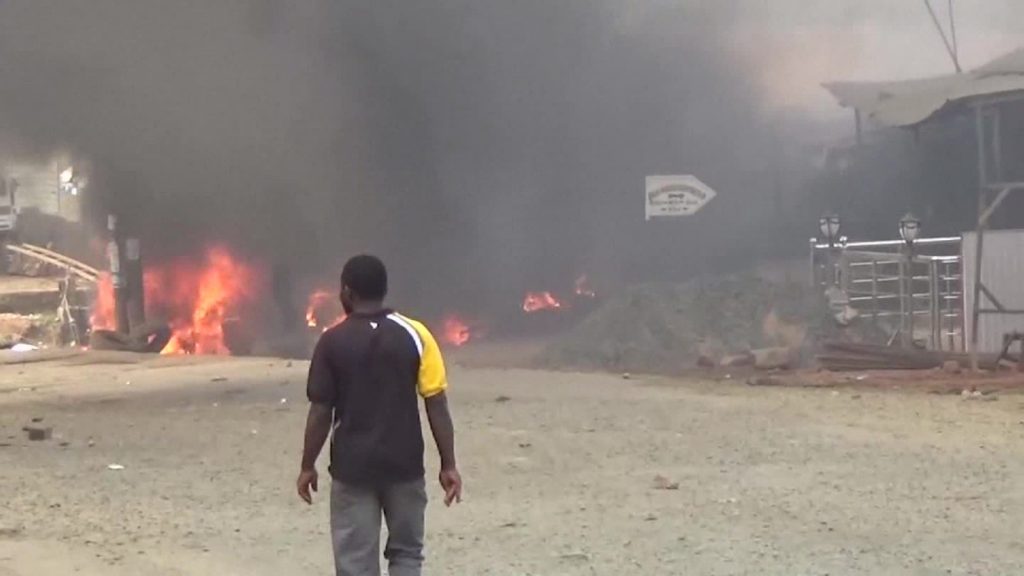“My heart breaks for Cameroon. Every day people are dying, and every day people are suffering,” said Assistant Secretary for African Affairs Tibor Nagy when asked about his message to authorities in Yaoundé regarding the three-year political crisis in North West and South West. Nagy was speaking from Kigali during a visit which will also take him to Democratic Republic of the Congo, and Uganda.

The leader of opposition party Movement for the Renaissance of Cameroon Maurice Kamto, who is challenging the results of last November’s presidential election, was arrested during a rally in the country’s economic capital Douala and jailed with his supporters in the capital. Charges against them include hostility to the State, destruction of State property, rebellion, and they are being tried by a military tribunal. If found guilty, they face the death penalty. In a previous interview, Nagy had said the arrest and detention of Kamto was “politically motivated” and called on the government to release them “immediately”.
“You know, when there’s a national crisis like that it’s not always positive to arrest members of the opposition,” he said.
Nagy also accused the government of not giving the political crisis in the North West and South West the serious attention it deserves. This did not go down well with the Yaounde regime who accused Washington of “interference in Cameroonian internal affairs without having sufficient knowledge of the situation on the ground”.
When asked whether individual sanctions will be imposed by the U.S. government if Yaounde fails to heed to the call, Nagy said: “Every time I speak on this issue I end up in more trouble with the Cameroonian government… before we’re starting on this trip, I had an opportunity to be in Paris and meet with my G7 colleagues; that is, we should say the directors for Africa of the G7, and I was absolutely delighted that we really do have commonality on Cameroon, and as I think you saw last week, the entire EU issued a statement on Cameroon.”
Nagy said the G7 is “extremely concerned” with the Anglophone crisis.
“I know that the Cameroon government has taken some steps, but you would not believe the number of messages I receive every day about Cameroon, and also in Washington the very, very high level of political interest in all branches of the United States government, including Congress, that are always getting in touch with me about Cameroon. I know the areas very well; I know some of the people involved, and I just don’t understand why this crisis goes on and on and on when there really needs to be absolute open, unlimited national dialogue to come to resolution, because those poor people in northwest and southwest—we can call them that, we can call them the people in the Anglophone region—are just suffering so, so much. So we need to be focused on that and maybe take it further to an international fora to look at.” Nagy said.

